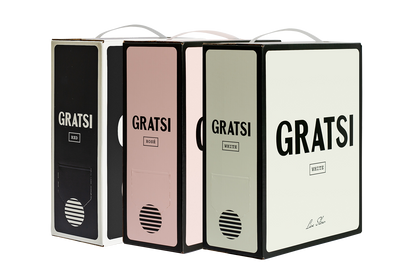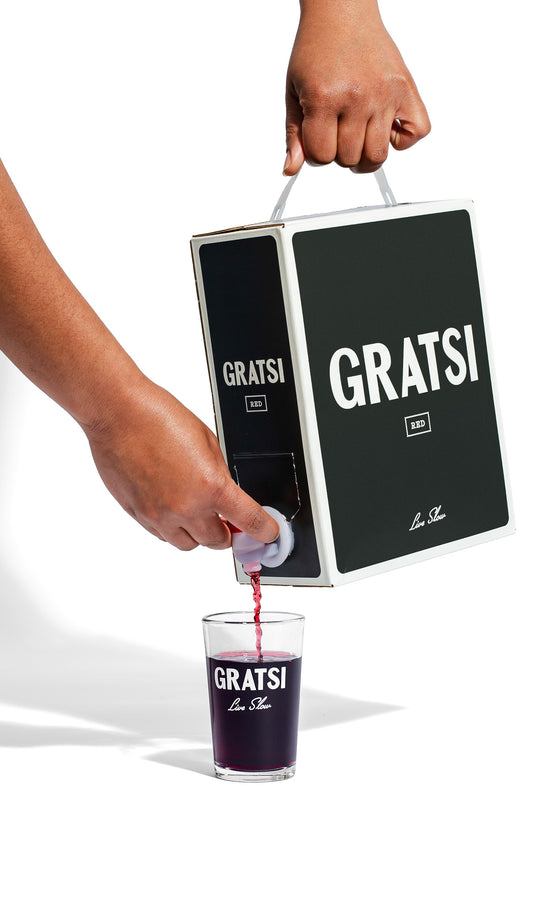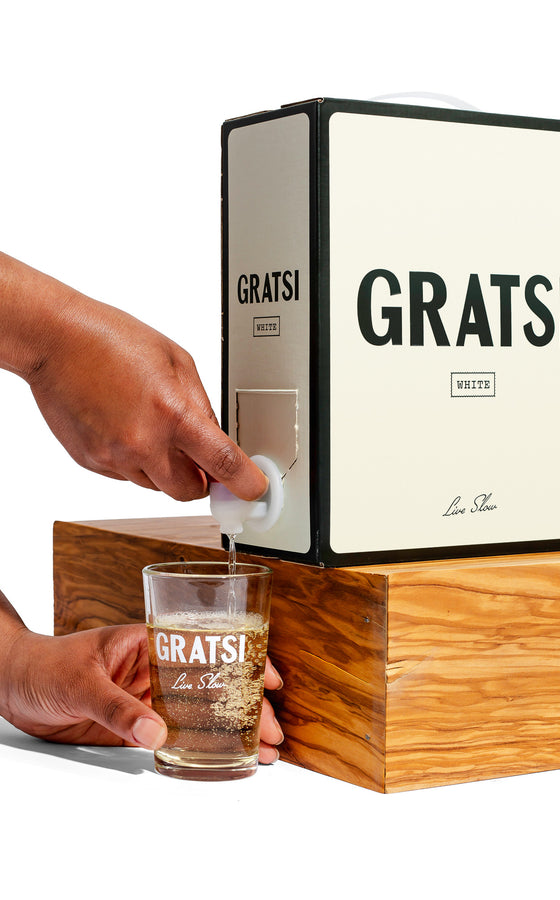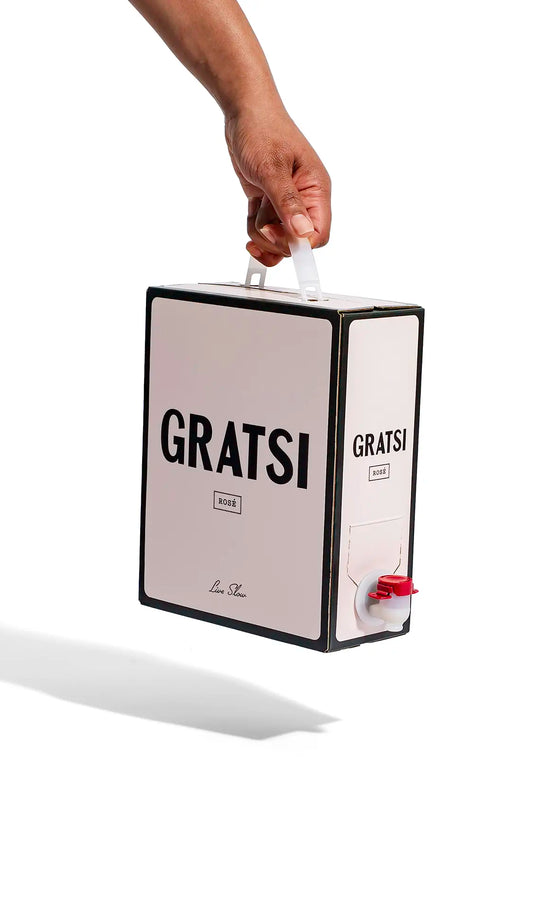How to do your groceries like a Mediterranean

Food in the Mediterranean is more than mere convenience and survival. It is about trust, community, identity and social connection.
How to do your groceries like a Mediterranean
By Antonia Thomas
November 24, 2025
One day, at lunchtime in southern Italy, over platefuls and between mouthfuls of trofie pasta with freshly made trapanese pesto, we were already thinking about dinner.
“Why don’t we get a barbecue going?”
“Yes! Some grilled meat and vegetables, simple and fresh. And served with some doughy bread”
“With some red wine, maybe a slightly chilled Frappato?”
“And fruit and little pastries to finish in sweetness.”
The menu was sorted and the afternoon was programmed for the grocery shop. But here in coastal Sicily, we were shirking convenience for quality. A supermarket with all the products under one roof simply wouldn't do. Instead, we were first heading to the Greengrocer’s (Fruttivendolo), then the Wine Shop (Enoteca), the Dessert Shop (Pasticceria), the Bakery (Panificio) and finally, the Butcher (Carnezzeria). This is how you did it here, or at least, how you did it right.


In Italy - and most of the Mediterranean for that matter - shopping at speciality stores is a prevailing tradition particularly within the smaller towns. Citizens will prefer to zip from one location to another visiting their entrusted dealer of gastronomic goods. Doing so is a way of life that hasn’t been shaken in the same way as other corners of the world. Supermarkets, malls, food delivery services and ready meals have dominated consumer trends but a quiet resistance is taking place in southern Europe. So, what is their main reason for the prevailing reluctance towards the practicality of supermarkets in favour of shopping locally with independent vendors who specialise in one trade?
Food in the Mediterranean is more than mere convenience and survival. It is about trust, community, identity and social connection.




Personal relationships are central. Shoppers know their butcher, baker or fishmonger personally, or have even known their families for generations. As we waited our turn at the greengrocers eyeing up the ruby red, fleshy tomatoes and shining purple eggplants, the signora in front of us was asking about the vendor’s mother. It became apparent that she had been at school with her 30 years ago. Such a personal relationship (not uncommon in these parts) guarantees a level of honesty and familiarity which the impersonality of a supermarket cannot compete with. What is more, these are regions where freshness and pride of provenance is paramount; there is strong value in seeing, touching, and discussing the ingredients with the true experts who work with their own trusted suppliers. They can assure that the fish was caught that morning from that friend or that these figs came from 2km away on their cousin’s farm. No pre-packaged, plastic-wrapped produce can replicate such a wholesome shopping experience.
This ties into the strong marketplace traditions of the Mediterranean. Typically, small towns will have an allocated day per week where stalls are set up in their main square selling homegrown ingredients which range from herbs to honey, from fish to fruit, from the butcher’s finest to the baker’s freshest. The agora in ancient Greece, the souk in North Africa, the piazza or mercato in Italy and Spain all create a tradition of buying directly from small-scale, often family-run traders. What is more, these spaces are not just commercial hubs but social epicentres where you bump into your friends or perhaps meet them on purpose. You may grab a coffee with them discussing the recipes you’ve just bought for before heading home and cooking up a storm for your family.


There is a true emotional impact to shopping in this holistic manner. The act of doing groceries is part of daily life, a ritual as such rather than a chore to be done in bulk once a week. Speciality shops enable people to buy just what is needed for the next days or for a precise meal (like we were doing on our barbecue odyssey) preventing overconsumption and food wastage. People take pride in choosing the best, most seasonal and local produce which comes directly from their surroundings. The majority of households will also cook from scratch and there is a reliance on the freshness of the ingredients that goes hand in hand with the skill of the home cook. By offering abundance, convenience and anonymity of suppliers supermarkets flatten this process entirely.


That is not to say that supermarkets don’t exist or aren’t popular in southern Europe, particularly in the cities. Modern urban development has infiltrated the manners of Mediterranean living in more ways than one. Rising costs and depopulation of smaller towns are real concerns that affect their daily fabric. Though, the slower form of consumption and the community which thrives off it, is not cancelled out. Too much value is placed on the philosophy and history of shopping locally. In Italy, even when younger generations move away to the bigger cities, their families will often send them monthly care packages filled to the brim with the fresh produce that comes from their home towns. I’ve seen many an unboxing take place, treated like a ceremony and accompanied with cries of delight when oranges, olive oil, vacuum packed meats or cheeses come rolling out of this precious cargo. Tastes of home and nostalgia are wrapped within these foods. They are testament to the impact of regional loyalty and community spirit.

Indeed, in a world where homogenising forces of globalisation continue to put genuine experiences at risk, now more than ever, a Mediterranean approach to food has never felt more vital. Supporting your neighbouring artisans is a way of asserting regional pride and maintaining gastronomical heritage. Whether you’re in southern Europe ready to cook up one hell of a barbecue or in your home city with a supermarket on every corner, slow down, and take the time to shop the right way: seasonally, locally and holistically. The rewards are palpable.







